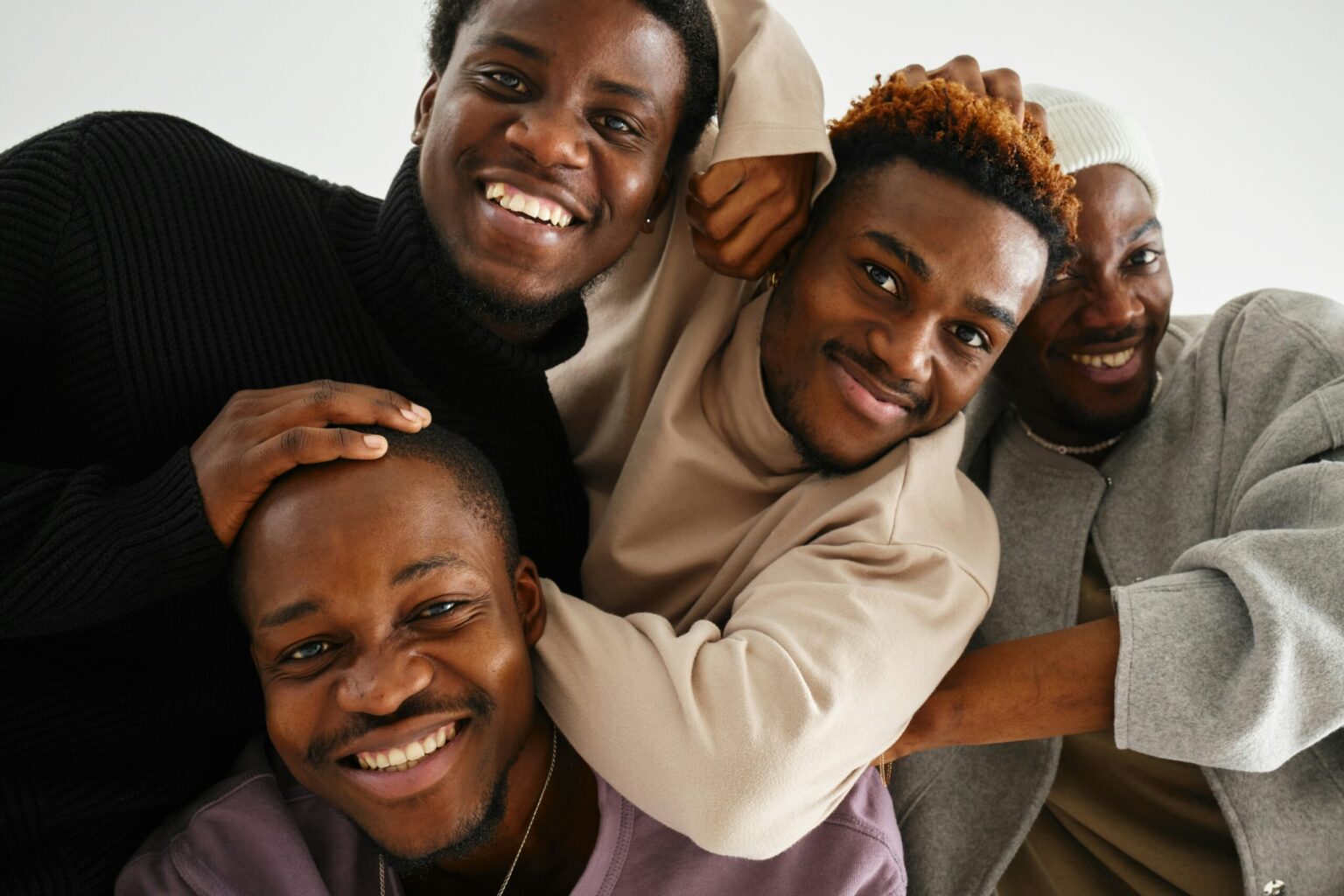In 2025, self-care is no longer a term confined to the wellness routines of women—men across the U.S. are increasingly prioritizing their mental and physical health with tailored self-care practices that go beyond the traditional gym and grooming routines. A growing awareness of the importance of mental well-being, alongside the rising popularity of wellness trends, has propelled men into a new era of self-care that is as much about emotional health as it is about fitness and appearance.
As of 2025, more men than ever before are investing in wellness products, seeking mental health support, and adopting habits that promote balance and self-improvement. Once considered an indulgence or luxury, self-care is now seen as essential to living a well-rounded, fulfilling life. Experts point to a range of factors that have contributed to this shift, including the increasing normalization of mental health discussions, the rise of influencer culture, and the broader movement toward holistic health.
“Men are really embracing self-care in ways that we’ve never seen before,” said Jacob Grant, a wellness expert who tracks trends in men’s health. “From skincare routines and mindfulness practices to mental health counseling and even therapy, men are taking active steps to enhance their well-being. They’re not just focusing on physical fitness but also recognizing the importance of emotional and mental clarity.”
The trend is especially visible in the realm of mental health. According to recent studies, over 60% of men between the ages of 18 and 40 have sought mental health support or engaged in therapy, a significant increase from previous years. There is growing recognition that mental health is just as important as physical health, and more men are reaching out for therapy, attending support groups, or using mental health apps to manage stress, anxiety, and depression.
In addition, meditation, yoga, and mindfulness practices are becoming mainstream in men’s wellness routines. What was once perceived as a “soft” approach to well-being has been embraced by men who see the long-term benefits of meditation for improving focus, reducing anxiety, and fostering emotional resilience. Apps like Calm and Headspace are being used by millions of men to incorporate mindfulness into their busy schedules, often integrating these practices into their morning routines before starting the day.
The increase in male grooming and skincare habits also plays a significant role in the self-care shift. Men are now spending more time and money on skincare routines that include everything from cleansers and moisturizers to anti-aging treatments. This movement is further fueled by the influence of social media, where male influencers and celebrities openly discuss their grooming and self-care habits. These practices, once reserved for high-maintenance celebrities, are now a normalized part of everyday life for men looking to boost their appearance and feel confident in their skin.
Along with grooming and mental health care, the physical fitness landscape for men is also evolving. Fitness regimens are moving beyond weightlifting and running to incorporate recovery practices like stretching, foam rolling, and post-workout massages. The focus is on building longevity and preventing injury rather than just bulking up or achieving aesthetic goals. Recovery technologies such as cryotherapy and infrared saunas have entered the mainstream, offering men new ways to enhance physical recovery while also prioritizing their mental and emotional wellness.
The wellness revolution has also led to a broader discussion of body image among men. The cultural conversation is shifting away from the traditional “ideal” body image, focusing instead on health at every size and encouraging men to embrace diverse body types. Men are increasingly taking a more individualized approach to fitness, recognizing that self-care is about feeling good in one’s body, rather than conforming to societal pressures about what is “fit” or “attractive.”
The rise of wellness retreats and self-care-focused travel experiences also speaks to the growing demand for mental and physical rejuvenation. Men are increasingly participating in wellness vacations that offer everything from yoga retreats and nature hikes to meditation workshops and spa treatments. These trips, once marketed mostly to women, are now attracting men who are looking to unplug from the pressures of daily life and reconnect with themselves.
As 2025 progresses, the shift toward self-care in men’s lives is expected to continue expanding. The cultural stigma surrounding male wellness is diminishing, and men are increasingly empowered to take care of themselves in ways that support their overall well-being. With a focus on mental clarity, physical fitness, and emotional health, self-care for men is becoming a powerful movement that is reshaping not only the way men approach their health but also how they view themselves in a fast-paced world.
For many men, the future of wellness is not just about working hard or looking good—it’s about maintaining balance and resilience. The transformation of men’s self-care habits is a key marker of a new era in which emotional and mental well-being are as prioritized as physical appearance, making it clear that 2025 is the year self-care truly became a central part of modern masculinity.
